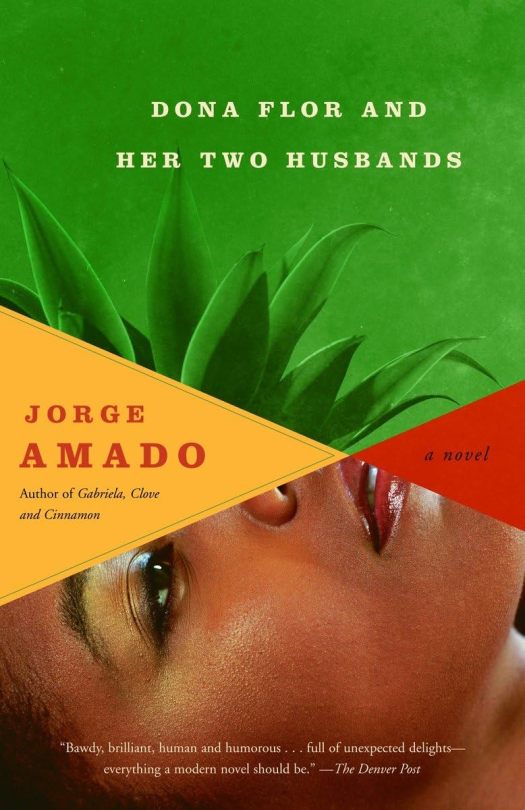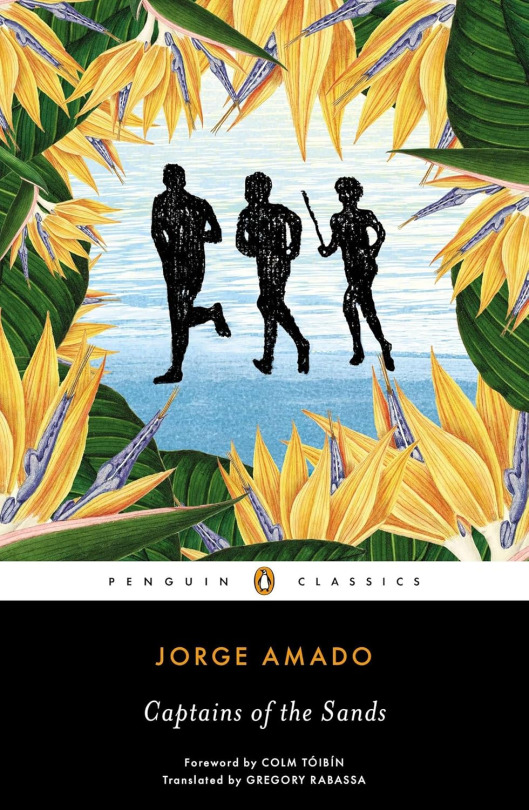Jorge Amado - Blog Posts
Two Husbands, One Ghost

"BRIEF REPORT (APPARENTLY UNCALLED FOR) OF THE CONTROVERSY THAT SPRANG UP CONCERNING THE AUTHORSHIP OF THE ANONYMOUS POEM THAT CIRCULATED FROM TAVERN TO TAVERN, IN WHICH THE POET LAMENTED THE DEATH OF V ADINHO, WITH THE TRUE IDENTITY OF THE UNKNOWN BARD, FINALLY REVEALED ON THE BASIS OF CONCRETE PROOFS"
About the Book
Title: Dona Flor and Her Two Husbands Author: Jorge Amado Published: 1966 Original Title: Dona Flor e Seus Dois Maridos
Summary
Dona Flor becomes a widow after the death of her reckless and charming husband, Vadinho. Later, she remarries Dr. Teodoro, a respectable and stable man. However, things take an unexpected turn when Vadinho returns as a ghost, forcing her to navigate between her two very different husbands. The novel is a satirical and playful exploration of passion, reason, and desire.
P.S. There’s a famous movie adaptation from 1976, and it was also adapted into a novela!
Key Themes
Desire
Morality vs. Passion
Supernatural elements
Female Independence
Clove and Cinnamon

“Isn’t that what it is? Love—the most wonderful and most terrible thing in the world.”
About the Book
Title: Gabriela, Clove and Cinnamon Author: Jorge Amado Published: 1958 Original Title: Gabriela, cravo e canela
Summary
The book is set in the 1920s in Ilhéus, a town experiencing a boom in the cacao industry. The novel follows Gabriela, a migrant worker who captivates the bar owner, Nacib, and from this, their love story unfolds. As with most of Jorge Amado's works, it is a highly sensual story.
P.S. There are at least three TV adaptations of this novel in Brazil. It is a very popular story.
Key Themes
Desire
Power dynamics
Gender roles
Social change
Tradition vs. Progress
This book was burned during the military dictatorship

"In the mysterious night of the macumbas the drums resound like trumpets of war."
About the Book
Title: Captains of the Sand Author: Jorge Amado Published: 1937 Original Title: Capitães da Areia
Summary
Captains of the Sand is set in the city of Salvador and follows the story of a group of orphaned boys living on the streets. They survive through petty theft and share a deep sense of brotherhood. Their leader is Pedro Bala, a boy who is protective of his gang.
The book was banned during the Brazilian military dictatorship for its portrayal of poverty and its perceived communist ideas. It was even burned in a public square in November of 1937, alongside other books (mostly from Jorge Amado).
P.S. There are many things you will not agree with in the book, and it contains an explicit rape scene.
Key Themes
Poverty
Injustice
Social Exclusion
Survival